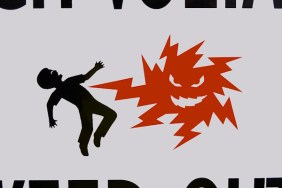(Images via: Field of Science)
Did you know that the longest total solar eclipse of the 20th Century was just over 7 minutes? Solar eclipses are one of those incredible and rare natural events that are none the less phenomenal for being predictable, all the more so when this unique Earth, sun and moon relationship is seen from space.
Partial eclipses give way to a partly-shaded sun, during annular eclipses the moon appears smaller than the sun from the Earth and the sun shows around the edges, but in the umbra of a total eclipse the light is entirely blocked and the appearance from above is almost like a black hole in the surface of the planet.
Depending upon camera angle, weather conditions, location and the type of eclipse involved the effects can be incredible – from shrouded cloud cover to diffused shading as light bounces within the atmosphere of our world.
Historical eclipses have been linked to everything from ancient great-flood myths to war-time armistices and are described in manuscripts from Greece to China dating back thousands of years and attributed to all kinds of natural and supernatural causes.







